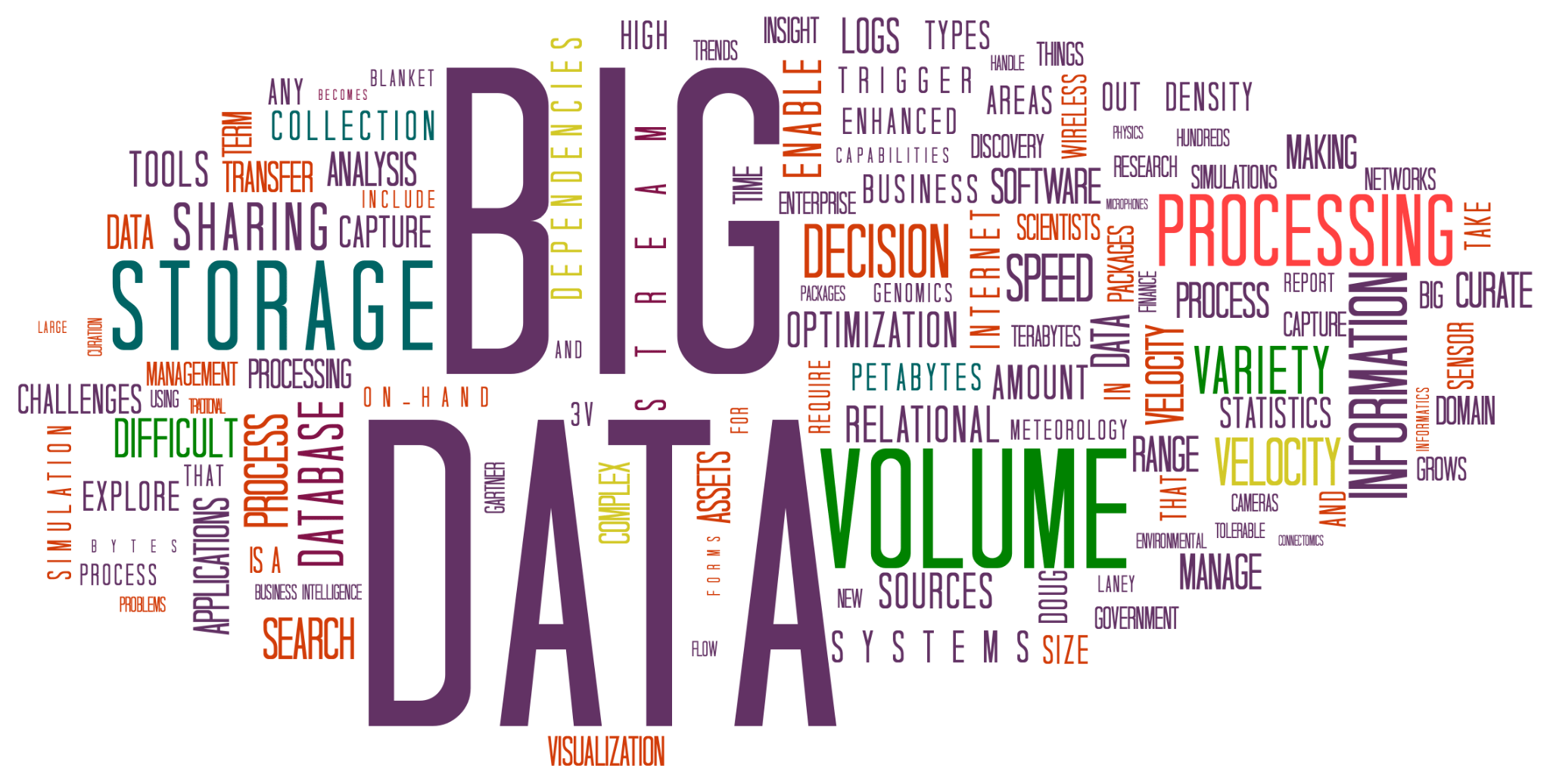Computer science (CS) involves computation theory, algorithms, software and hardware design, computer system applications, etc.
Choosing any job in this field will bring you many attractive job opportunities. Are you interested in learning about the future of CS?
We’ll go over the forecasts for the future of this exciting science in depth in the post. Please keep reading for detailed information!
What Is Computer Science (CS)?
Computer science is a technology-based subject that integrates algorithms, computing, data, and information technology to study computer technology.
It combines natural language processing with coding languages to automate processes, store and process valuable data, and create sophisticated machine learning models.
This area includes software engineering, cybersecurity, biomedical technology, software development, and many other topics.

Will CS Be Obsolete In The Future?
The short answer is No. This field will not become outdated in many years but will continue to advance rapidly, and it will be pursued by many people.
Networked communications, software development, software engineering, data science, graphic design, and cybersecurity are just a few areas covered by computer science degrees.
These skills are essential, from software development to software maintenance and upgrades.
The Future of Computer Science
Computer science is a profitable professional option for those who are tech-savvy and interested in the newest breakthroughs in computers.
Cloud computing, information security, and big data collecting and storage are just a few of the trends contributing to the field’s bright future.
The following are some recent computing trends and developments in this area:
1. AI and Robotics
Discussions concerning the future of artificial intelligence often center on computers that are supposed to be increasingly self-aware.
In projections regarding the future of artificial intelligence, the positive and bad attributes are quite high.
The following are some of the scientists’ predictions for artificial intelligence’s future benefits:
- Avert a nuclear meltdown and some tragedies such as earthquakes, fire, and other natural disasters.
- Make life easier for persons who have lost any limb from birth or later.
- Save people’s lives through early detection. They will be able to outperform the world’s greatest surgeons.
- Climate-smart computers will help reduce the effects of global warming.
- Become man’s most powerful weapon in space exploration.

2. Big Data & Knowledge Management
The internet of things and cloud computing technology generate massive volumes of data regularly. Big data analytics and knowledge management have risen to prominence as important academic areas.
“Big data” refers to data sets that are too large and complex for traditional data processing and management techniques. The majority of critical data experts agree that the amount of data collected in the future will increase tremendously.
Machine learning is becoming increasingly popular. It is a rapidly evolving technology utilized to improve daily operations and corporate processes.
As a result, most experts anticipate that computers’ ability to learn from data would greatly improve due to more created unsupervised algorithms, cognitive services, and personalization.

3. Computer-assisted Education
Applicants who are instructors in educational departments can now take courses in information technology in education.
The fact that technology has become an indispensable part of education has led to the development of such courses.
When technology advances, the instructor’s job will change as well. On the impact of technology on education, there are five primary sub-themes.
These include changes in learning styles, instructional styles, the goal of education, educational potential, and educational institution changes.
As technology advances, kids will have more worldwide learning chances in the future.
4. Software Engineering

The concept of reuse is one of the essential parts of computer science. It enables programmers worldwide to collaborate by making public implementations of standard code in the form of libraries and utilities.
As the nature of software engineering evolved from 1980s object-oriented programming to today’s machine learning and scripting, programmers were required to integrate standard code implementations in their projects.
Since these libraries and tools save programmers time and effort, they can develop software quickly and easily.
5. Computer Architecture
From its humble beginnings, processing speed and power have increased tremendously over time. In 1940, the world’s most powerful computer took six months to provide an answer that today’s hardware would compute in seconds.
Predicting the near future is challenging due to the exponential nature of technology growth.

For computer animations and video games, high-end technology can now create realistic 3D images quickly.
Quantum computing, which uses hardware that can handle multiple data sequences at the same time, will be the next step in hardware technology.
As technology progresses from the flat, basic region of the exponential curve to the vertical, it is predicted to undergo drastic changes.
6. Cyber Security
Cybersecurity primarily focuses on defending computer systems and networks against cyberattacks. As businesses continue to keep data in the cloud and conduct business online, the need for better protection grows.

To protect their proprietary data, most industries, including healthcare, financial institutions, and insurance, require stronger cybersecurity technologies.
Because of this need, the Bureau of Labor Statistics predicts a 31% increase in job openings for information security analysts between 2019 and 2029.
In 2023, the yearly income for information security analysts was $127,336.
Job Outlook
As firms hire lower-skilled labor from abroad to handle mundane chores and applicants worldwide fight for top jobs at major US companies, the job prospects for programmers will alter.
As the discipline of this field becomes more sophisticated, programming professions will become more specialized. As AI grows enough to handle everyday activities, it will mechanize many occupations.

Programmers will still create intelligent software for websites and applications, but teams working on simple tasks require fewer individuals.
Most jobs involve some programming ability. The capabilities required for software engineer jobs will change dramatically as technology advances.
In the future years, this key area will grow in importance, complexity, and specialization.
Conclusion
The future of computer science will be promising. In a variety of businesses, reliance on computer-related technologies is growing.
Despite the tremendous advancements in artificial intelligence and computing technology, computer science will continue to play a vital role in software and hardware development. Hopefully, this article has met your requirements.
Thank you for your interest in the article!
